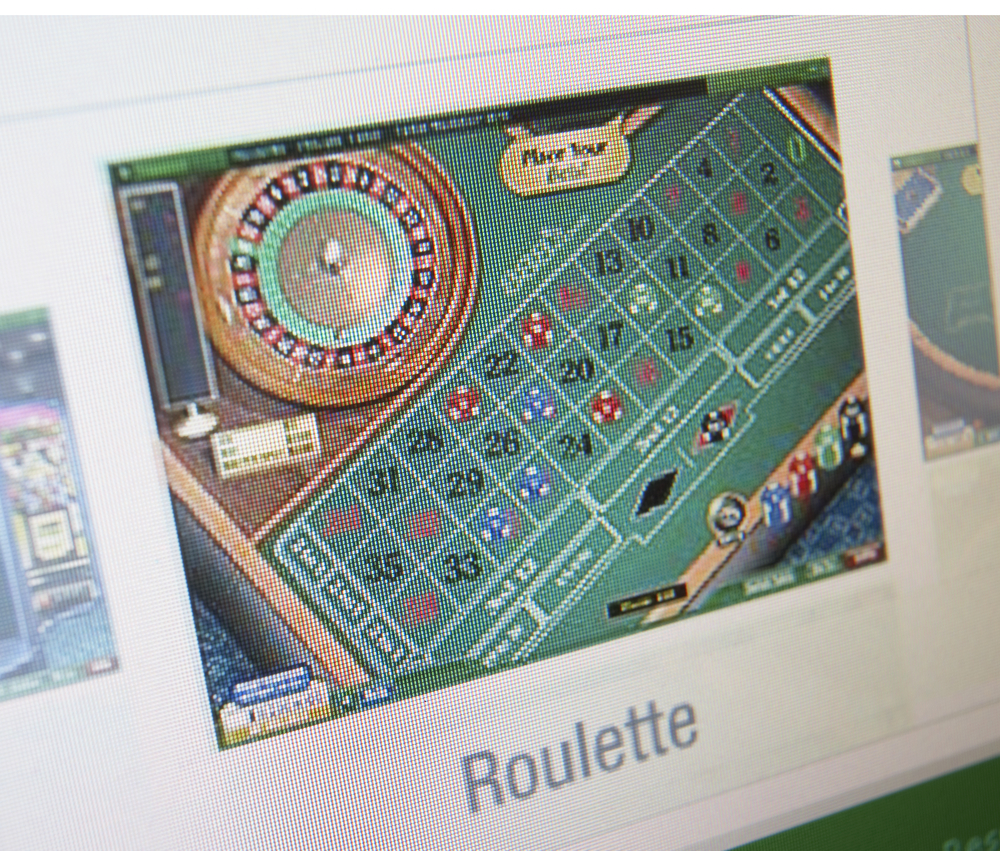
In the world of gambling, in which chance and strategy converge, a unique tapestry of beliefs emerges—one that weaves together luck, fate, and the enigmatic nature of casino games. Casinos, bustling with excitement and anticipation, are not just spaces for placing bets; they are also arenas where superstitions thrive. From the novice player to the seasoned gambler, these mysterious practices often shape how individuals approach the games they play, believing that their actions can impact the outcome in ways that go beyond mere probability.
When players gather around roulette wheels, blackjack tables, and slot machines, the atmosphere is thick with stories of lucky charms, rituals, and codified behavior that defy logic yet provide a sense of comfort. Whether it’s wearing a specific outfit, following a particular sequence of bets, or even avoiding certain numbers, the attachment to various superstitions reflects a deep-rooted desire to manipulate the uncontrollable. This article delves into the captivating world of casino game superstitions, investigating the beliefs that simultaneously entertain and mystify those who dare to play.
Historical Beginnings of Superstitions
Casino games have long been connected with an array of superstitions that can be traced to primitive cultures. The origins of these notions can be linked to humanity’s intrinsic need to influence the uncertain outcomes related with fortune and randomness. In primitive civilizations, games of uncertainty were often linked to religious practices. Players would invoke blessings or seek favor from deities, believing that their actions could affect the odds in their favor. This basis laid the groundwork for the variety of superstitions that proliferated as gambling evolved over time.
During the medieval age, gambling became a popular hobby across the continent, and with it, a colorful tapestry of superstitions appeared. Players adopted numerous rituals and charms, believing they could affect the consequences of games. The significance of digits, in particular, began to appear in superstitions related to card games and dice. The number seven was often considered auspicious, while different numbers carried negative connotations. These ideas mirrored the cultural contexts of the time, evolving as they transferred through generations and transformed to new gaming environments.
As casinos appeared in the 17th century, particularly in the Italian peninsula and France, the atmosphere surrounding gambling became steeped in mystique. The growing openness of gambling activities allowed for the spread and variation of superstitions among players. Concepts like lucky charms, designated seating locations, and rituals gained prevalence, creating a unique culture within betting houses. As these customs continued to thrive, they became integral to the character of casino activities, illustrating how the past and culture shape the notions that influence how gamblers connect with luck.
Widespread Casino Superstitions
Beliefs surrounding gambling games are abundant and diverse, reflecting the dreams and fears of gamblers as they engage in chance-based activities. One of the most prevalent beliefs is that specific numbers bring luck or bad luck. For example, the digit seven is often seen as a lucky digit, frequently embraced by players looking for a positive outcome. Conversely, the digit thirteen is routinely considered cursed, leading many players to steer clear of it during their gaming sessions.
Another frequent superstition relates to rituals that gamblers believe can affect their chances. Whether blowing gently on dice before a throw, using a particular hand to place a wager, or even wearing particular items of attire, many individuals feel that these actions can sway luck in their favor. These practices offer a feeling of control in an otherwise unpredictable environment, strengthening the idea that luck can be created through individual beliefs and habits.
Finally, the environment and vibe of the gambling house itself adds to myths. Many players suggest that the presence of certain symbols, such as four-leaved clovers or lucky coins, can enhance their chances of success. Additionally, gamblers might adhere to the notion that winning streaks can be halted by mundane occurrences, such as someone walking past or a spill at the table. The collective atmosphere in a casino can amplify these superstitions, creating a shared culture of myths that goes beyond single experiences.
Impact of Superstitions on Players
Beliefs play a significant role in the mindset of gamblers, often influencing their behavior and decision-making. Nhà sáng lập Vua88 A lot of gamblers believe that fortune can be influenced through different rituals, such as wearing a lucky charm, choosing particular hues, or avoiding certain numbers. This dependence on superstitions can create a sense of authority in an environment that is intrinsically unpredictable. Players often feel more self-assured and engaged when they think that their actions could sway the result of a game in their advantage.
The impact of these superstitions extends beyond singular players, affecting the general atmosphere within the casino. For instance, a player who believes in the luck of a particular slot machine might attract a crowd, as onlookers are fascinated by their apparent luck. This collective belief can heighten excitement and create a dynamic environment, leading to an interesting experience even for those who may not necessarily be believers themselves. The excitement around certain games can lead to increased participation and extended playing sessions, supporting the casino’s lively social scene.
In some instances, superstitions can lead to negative effects for players. Сasino non AAMS che pagano subito Depending too heavily on rituals can result in poor gambling decisions, as some may ignore basic strategies in favor of unfounded beliefs. Additionally, the stress to perform rituals may heighten anxiety and stress levels, diminishing from the enjoyment of the experience. Ultimately, while superstitions can enhance the excitement of playing casino games, they can also lead to unwise choices that overshadow the fun and entertainment intended in the casino experience.